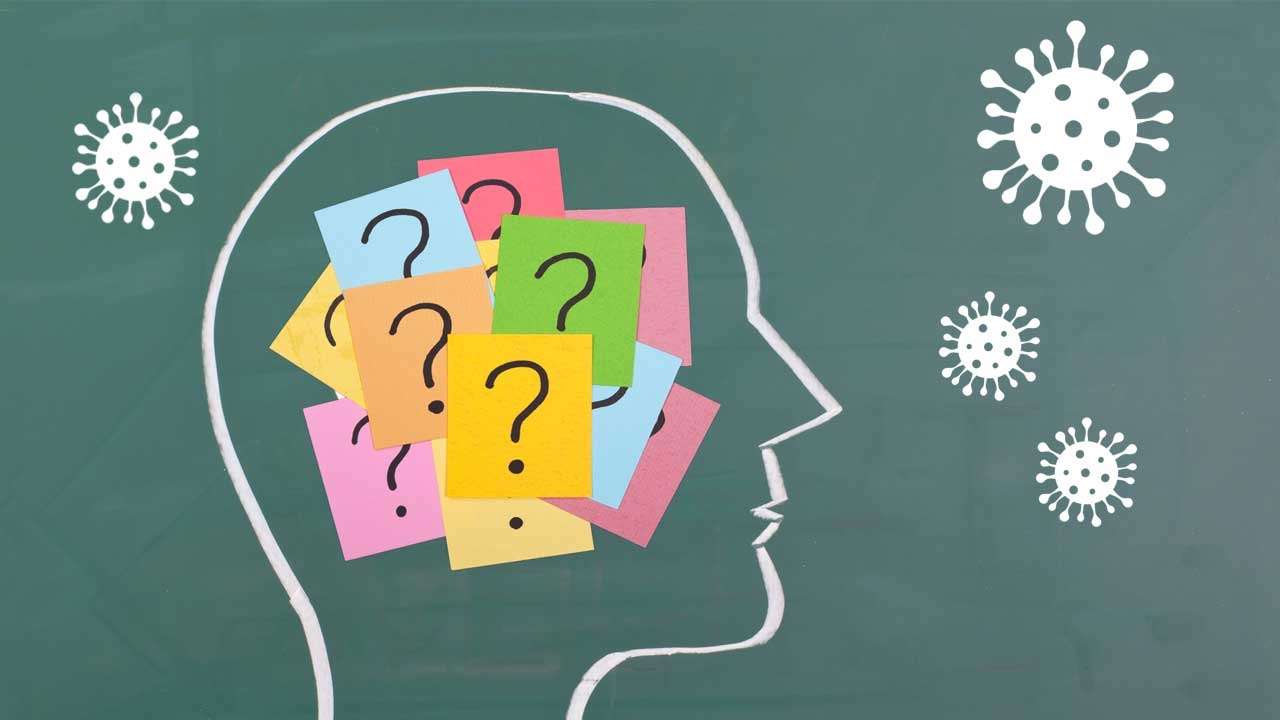Our cognitive skills are the core skills that have strong linkage to our intelligence. These are skills that determine our ability to think, learn, read, remember, pay attention and reason. The study on the relation of cognitive deficiencies and people who have recovered from Covid attack was published on 22nd July 2021 in the Lancet. Adam Hampshire, William Trender, Samuel R Chamberlain, Amy E Jolly, John E Grant, Fiona Patrick, Ndaba Mazibuko, Steve CR Williams, Joseph M Barnby, Peter Hellyer, and Mittul A Mehta are the authors of the study. They sought to confirm whether there was an association between cross-sectional cognitive performance and Covid recovered people from a data of 81,337 participants as part of the Great British Intelligence Test. The participants were made to undertake a web-optimized assessment which was clinically validated. The questionnaire items captured self-report of suspected and confirmed people with Covid-19 infection and respiratory symptoms between January and December 2020.
Findings of study on connection between cognitive abilities and Covid-19
The authors / researchers have mentioned in their findings as published in the Lancet that “People who had recovered from COVID-19, including those no longer reporting symptoms, exhibited significant cognitive deficits versus controls when controlling for age, gender, education level, income, racial-ethnic group, pre-existing medical disorders, tiredness, depression and anxiety. The deficits were of substantial effect size for people who had been hospitalised (N = 192), but also for non-hospitalised cases who had biological confirmation of COVID-19 infection (N = 326). Analysing markers of premorbid intelligence did not support these differences being present prior to infection. Finer grained analysis of performance across sub-tests supported the hypothesis that COVID-19 has a multi-domain impact on human cognition.”
Since our cognitive skills help us to process new information, if it becomes weak, then our ability to grasp and retain knowledge would be severely hampered. The study report under discussion has brought forward a grave area of concern which is all the more reason for us to take extreme precautions. The cognitive skills of ours as well as the children around us is of supreme value to ascertain success in all spheres of life. Since this study has predominantly been conducted on British population, larger studies on a global scale should be conducted to confirm the findings with a solution-based approach if results are the same.

 The Lancet is an international medical journal founded in the year 1823. It has addressed urgent health topics by putting science into the context over the past two centuries. It has recently published a study that proves that people have been experiencing cognitive deficiencies after recovering from Covid attack.
The Lancet is an international medical journal founded in the year 1823. It has addressed urgent health topics by putting science into the context over the past two centuries. It has recently published a study that proves that people have been experiencing cognitive deficiencies after recovering from Covid attack.












.jpeg)







.jpeg)





.jpg)


.jpg)



